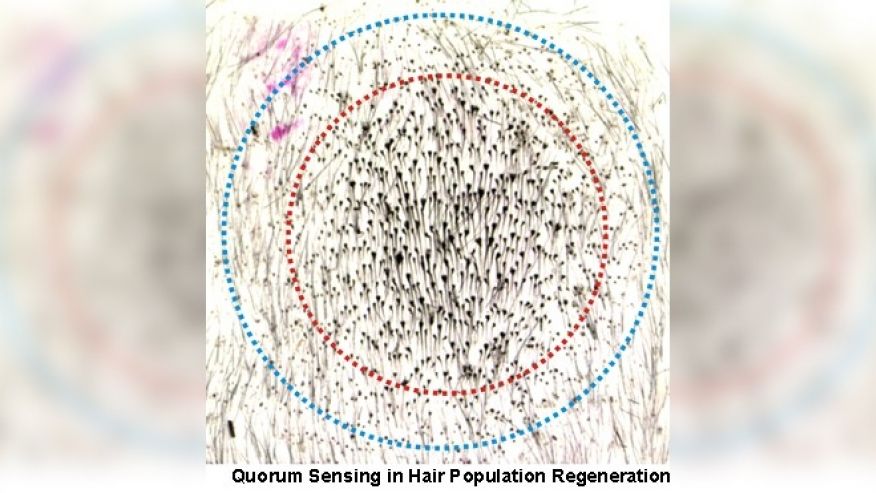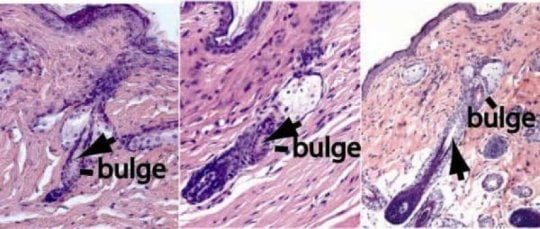
Heart failure develops when the heart muscle is unable to pump enough blood to meet the body’s needs for nutrients and oxygen.
The new study – from the University of Leicester in the UK – is published in the journal Heart.
Previous studies have linked TMAO (trimethylamine N-oxide) with higher risk of death in chronic heart failure, note the researchers, but their study appears to be the first to find such a link in patients with acute heart failure.
Heart failure is a serious condition that carries a higher risk of death and developing other serious medical problems. It occurs when the heart muscle is unable to pump enough blood to meet the body’s needs for nutrients and oxygen. The condition can be ongoing (chronic) or it can develop suddenly (acute).
Although not limited to seniors, heart failure is one of the most common reasons for hospital admissions among people aged 65 years and older.
In the new study, led by Toru Suzuki, a professor in the cardiovascular sciences department at Leicester, the researchers measured circulating levels of TMAO in 972 patients admitted with heart failure to University Hospitals of Leicester National Health Service (NHS) Trust.
Pathway may explain link between red meat and heart disease
The team looked for links between blood TMAO levels and events occurring within 1 year of obtaining the samples. These events included deaths during hospitalization (72 events), deaths due to any cause (268 events) and a composite of death or rehospitalization due to heart failure (384 events).
The results showed that acute heart failure patients who had higher levels of TMAO at the start of the period were the ones most likely to die or be rehospitalized with heart failure in the following 12 months.
Prof. Suzuki says:
Our study shows that higher levels of TMAO, a metabolite of carnitine derived from red meat, is associated with poorer outcomes associated with acute heart failure, one of the main diseases of the heart. This metabolic pathway provides a possible link between how red meat is associated with heart disease.”
L-carnitine is one of a group of compounds with the generic name carnitine that are derived from an amino acid and are found in nearly all cells of the body. The name comes from the Latin for flesh – carnus – because it was first isolated from meat.
Red meat is not the only dietary source of carnitine – for example, milk, cheese, whole-wheat products and asparagus also contain it, but in much smaller concentrations. It is also a common ingredient of energy drinks.
Some research suggests the effect of bacteria metabolizing carnitine into TMAO and influencing heart risk appears to be more pronounced in people who consume meat than in vegans or vegetarians.
But it is early days, and the implications of these findings are not well understood and require more research.
For example, one area that is not clear is that while we know the process of converting L-carnitine into TMAO is different from person to person (depending on the microbe metabolism of their gut), does that mean we can say how much of the link to disease is due to diet (e.g. the red meat) and how much is due to the gut?
In a 2013 article, Medical News Today mentions how Cleveland Clinic researchers raise this point when they discuss their discovery of how the link between red meat and heart risk involves gut bacteria turning L-carnitine into TMAO.
[Source:- Medicalnewstoday]
















